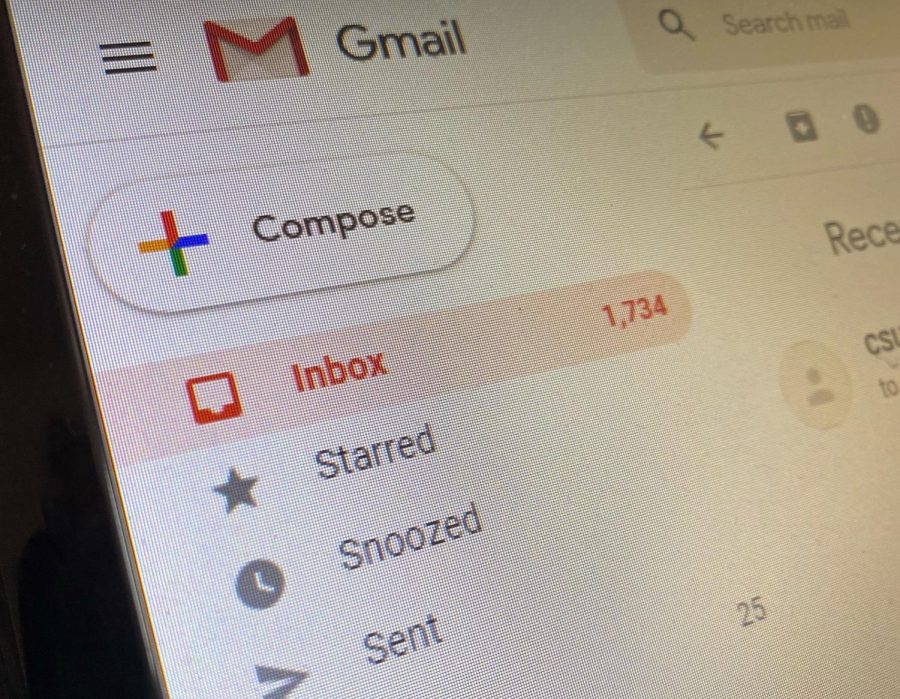CSUN IT department warns students of email scams
The CSUN IT department informs the campus community about recent phishing email scams. The scams have used fake job offers and information on COVID-19 vaccines to entice victims into sharing their information or clicking on links.
July 31, 2020
The CSUN IT department has notified the campus community of a series of email scams related to COVID-19 since the beginning of the pandemic. The latest trend in the scams is emails purporting to be work-from-home programs, financial aid or job and internship opportunities, according to CSUN IT.
According to an article released by NBC Los Angeles, a CSUN student was scammed out of $1,500 from an email scam called the “Student COVID-19 Empowerment Program.”
The email used CSUN’s emblem and the student thought she was applying for a professor’s assistant position to help organizations struggling during the pandemic. After being directed to deposit a phony check into her bank account and awaiting the funds, she was told to transfer her own money to different banking apps to help what she thought were orphanages and food shelters, according to the article.
The student’s bank froze her account and restricted her from receiving or sending money. After the check bounced, she lost the money she had transferred.
“I tried to do something good but it ended up backfiring,” said the student, who wished to remain anonymous. “I just want students to know that people are out there scamming other students.”
According to the CSUN Police daily crime log, two CSUN students reported a fake email scam that occurred between July 24-26. Both students thought they were responding to a job offer and sent their account information via email. The check turned out to be fake and the funds were later deducted from their accounts.
The CSUN Department of Police Services sent out a crime alert on July 17 warning students of the scams. An email sent to the campus community by IT warned students to look out for emails doing the following:
- Posing as the government and asking you for banking information before sending your grant funding or stimulus money.
- Posing as a CSUN faculty, researcher or staff with offers for an internship. Never send any money or gift cards to someone offering an internship.
- Posing as aid organizations and accepting donations but taking your money instead.
- Sending links to “information” about COVID-19 cures or vaccines that install malicious software when you open them.
IT reminds students to be vigilant and informed before responding or clicking on unusual links and to carefully inspect the email that requests personal information. IT has a Phishing Examples web page that teaches students how to spot malicious emails.
For questions regarding information security, fraudulent emails or other topics, contact the IT Help Center at helpcenter@csun.edu or call (818) 677-1400.
IT is asking the campus community to send any suspicious phishing emails to abuse@csun.edu.
